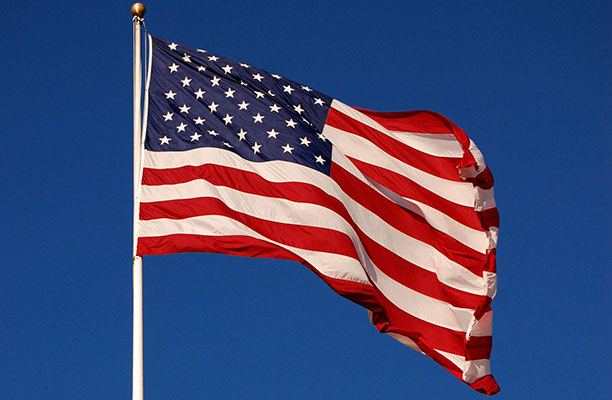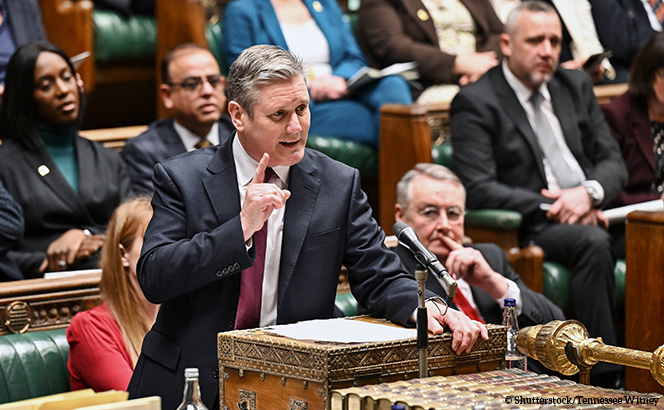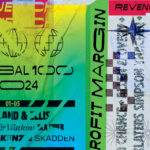
It was one of the defining moments of the year: on 7 May president-elect Emmanuel Macron strode towards the stage outside the Louvre to give his victory speech to Ode to Joy. Much has been written on what that moment meant for France as a more confident, globally-minded country. The triumph of a 39-year-old ex-banker who marked his success with the EU’s German-born anthem rather than La Marseillaise has done much to raise hopes in the French business community.
Rising confidence is obviously welcome for the profession with the French legal market remaining one of Europe’s key hunting grounds and – unlike Germany’s increasingly-price-sensitive sector – one that comfortably sustains Global 100-level profitability.










